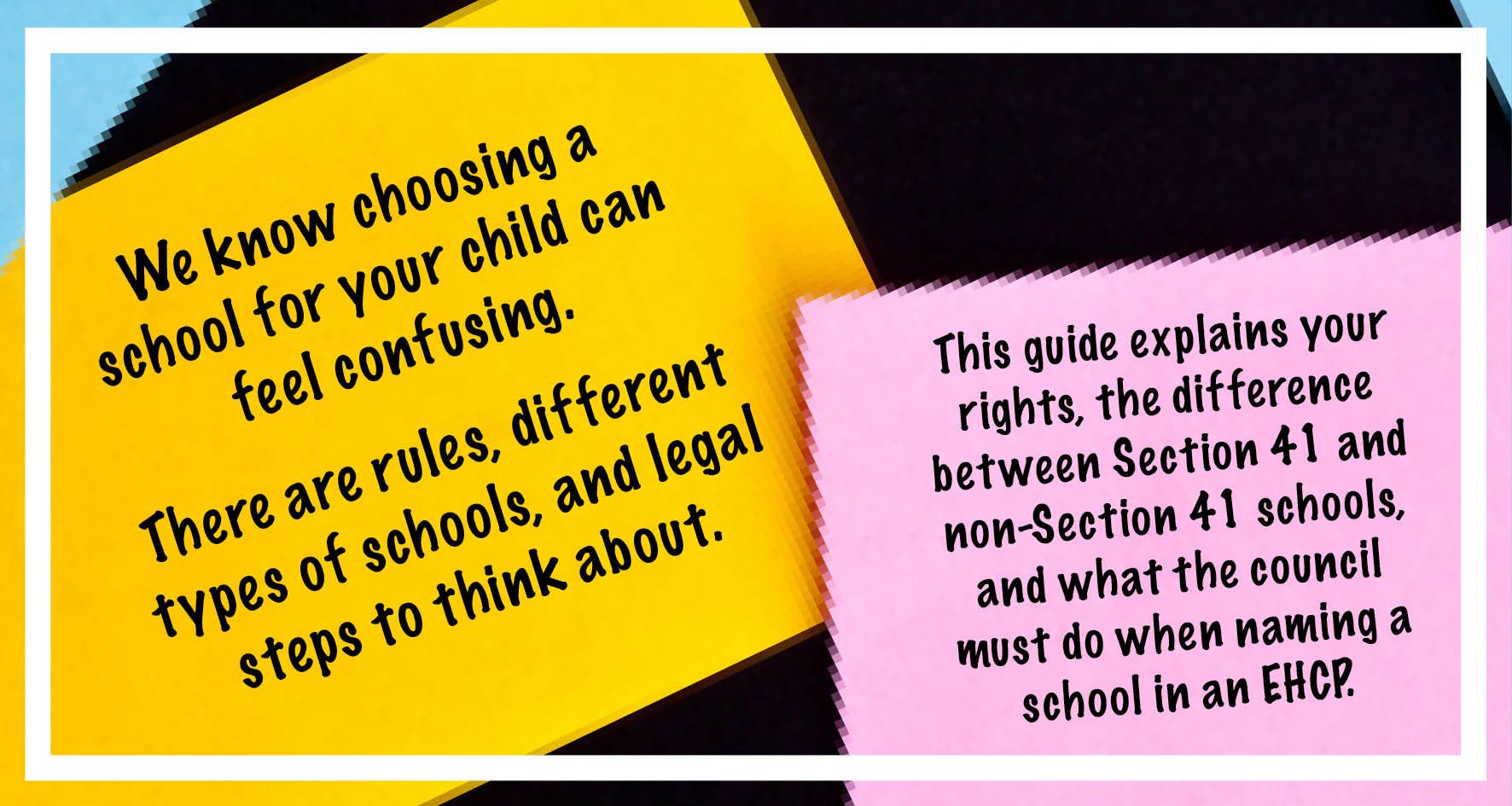Presentation from The SEND Team in Nov 23, Q&As - Roles and Responsibilities, Attendance and Exclusion, Alternative Provision
View or download the information presented at our November 2023 Forum plus your questions from the day were put to the Education Team are answered....
Presentations from the day include the following topics:
SEND Team - Roles and Responsibilities
Attendance and Exclusion
Alternative Provision - What is it
PFC November Forum SEND Team - Your Questions
Questions from our Parent/Carers have been answered by the Education/SEN team at CWaC...
Roles and Responsibilities of the SEND Team – Karen Cove
1.Will the SEND manager’s role be shared?
Yes this has been sent to Emma Walker to put on the local offer.
2.Do you believe SEND children can be adequately supported in large classes? (Many mainstream
classes in CWaC have 30 plus children per class this environment is noisy and sensory overwhelming.)
This will depend on the assessed needs of the CYP and individual to their plan and development.
3.What is the input of the SEND team for the all age autism strategy?
Gill Tyler - Designated Clinical Officer sits on the All age autism strategy group
4.How will parents have their say in the all age autism strategy?
Karen Cove has requested PCF representation in the first instance and then from that work will
develop around consultation as the strategy develops.
Attendance – David Williams
1.What does the team do if a school is not following the best practice?
EWS has an escalation of challenge to schools over practice and won’t take legal cases unless our
code of conduct and Attendance Pathway has been followed and the cases pass the public interest
test.
For Parents, they can challenge practice by contacting the Attendance Champion in school, reading
the school’s Attendance Policy which must be published on their website and contact the district
EWO for advice. For complaints follow school’s complaints procedure, usually by contacting the
governors of the school or trust.
2.Is it still acceptable/legal for a class in a school to close if a certain quota of pupils are absent from
that class?
All pupils are entitled to receive 380 sessions. Staffing issues may result in class changes, but the
children present in school should still be educated.
3. Is there an increase in home schooling?
Yes (the data is with Kerry Williams and John Fowler) the increase has correlated with the pandemic
and some reasons given by parents are, failed relationships with schools, SEND needs and behaviour
issues.
4.Do you support in managed moves and suspensions and exclusions?
This is a question for Education Access.
5.My child has under 50% attendance over the past two years, there has been no contact from the
Council why is this?
EWS has no way of knowing a child is absent until a Register Inspection take place. The school
should have reported this absence to the Council. However, we now have the DfE daily attendance
return to monitor persistent and severe absence. Most of CWaC schools have signed up to this return but a small minority have not. The school is also expected to start a Team around the Family (TAF) and assess the child using the continuum of need.
6.Participating in a TAF but no service wants to help my child. What is being done to improve access
to CAMHS and other diagnostic services?
This is a question for Early Help
7.What is the difference between unauthorized absence and exclusion when this is caused by unmet
needs?
Exclusion is an authorised absence. The head teacher and Governors decide whether an absence is
authorised or not. National codes enable schools to record and monitor attendance and absence in
a consistent way. The data helps schools, local authorities and the government to gain a greater
understanding of the level of, and the reason for, absence and the delivery of education. Schools
should work with pupils and parents to remove any barriers to attendance by building strong and
trusting relationships and working together to put the right support in place.
8.What is the data on PS’s with SEND children without EHCP’s?

Inclusion – Paul Arista
1.Is there investment in mainstream?
We will be supporting mainstream schools with funding to ensure that they are able to meet the
needs of the young person.
2.My daughter is in year 12 and hoping to go to college in approximately two years will she still get
free transport to college? She has an EHCP and goes to a special school.
This depends on distance to the College more information is on the Live Well site.
School Transport | Live Well Cheshire West (cheshirewestandchester.gov.uk)
3.Some of Cheshire West and Chester school staff have some outdated views on learners with special
educational needs what training is in place for all school staff? (This should be mandatory)
Communication through briefings around Inclusion matters has, and is, being circulated across the
Local Authority both internally and externally, this is a Local Authority strategy, and all staff will buy
into this.
4.What does the local authority class as best practice in terms of schools SEND provision in
mainstream?
We work closely with our schools and it’s their ability to support YPs with a variety of needs that is
classed as good or best practice. The aspiration though is to have a consistent approach across the
borough.
5.Is supported internships just for young people with an EHCP?
Yes, to be eligible for a supported internship programme you must have an EHCP. We have been
successful in gaining funding for a pilot programme for Supported Internships for those learners who
don’t have an EHCP and more information will be communicated soon.
What is alternative provision – Michaela Bridge
• What Alternative provision is available? Is there a directory of this?
Currently there isn’t a directory of alternative provision but the majority of providers are
listed on LiveWell so we signpost there. However, as part of the Averting Exclusions RootED
pilot, we have developed a ‘Directory of What Works’. The prototype has been launched
with our pilot schools to trial. It’s impact will be reviewed and evaluated with a view to a
wider launch at the end of the pilot programme in 2025.
• I have a child on role in a Welsh school he is English and send law applies. He has been
granted an EHCP we are waiting for a draft plan. The school is not inclusive, my child is not
attending school at present, he has a GP note and is being seen by CAMHS, no additional
provision has been put in place. How do we access alternative provision until we can move
our child to a new school in September?
In a situation like this, we would always advise that the parent request a meeting with the
child’s school and put this request to the school. Schools often have different kinds of
alternative provision that they have commissioned and quality assured.
In additional to this, the government has set out a schools statutory responsibilities for
supporting a child in school who has a medical condition, see link below:
Supporting pupils at school with medical conditions (publishing.service.gov.uk)
Alternatively, depending on the health needs of the child, a school may consider if the child
would benefit from a referral for medical needs education, further information relating to
this including the criteria for referral can be found on the LiveWell site, link below:
Education Access Team - Medical Needs Service | Live Well Cheshire West
(cheshirewestandchester.gov.uk)
• Re. Can vs Cant Meet needs without EHCP. To prove/evidence need for EHCP parents should
request exclusion rather than collect child and agree to authorized absence, this system
seems so wrong however is it true that peoples cannot access alternative provision without
an EHCP?
This is not correct, the Department for Education definition of alternative provision taken
from the Alternative Statutory Guidance, link below states:
education arranged by local authorities for pupils who, because of exclusion, illness or other
reasons, would not otherwise receive suitable education; education arranged by schools for
pupils on a fixed period exclusion; and pupils being directed by schools to off-site provision to improve their behaviour.
Alternative provision - GOV.UK (www.gov.uk)
• How many people are able to actually access alternative provision?
There is no a ceiling on numbers but would be dependent on how many the provider is
registered for.
• Is language breaches of behavior?
I am not 100% certain what this question means, but think it may be asking if a child can be
suspended for the use of foul language. The answer is yes they can be but as with all
suspensions and exclusions, the expectation is that a school follows the Department for
Education statutory Suspension and Permanent Exclusion guidance (link below) and
considers this in the context of a child’s SEND and any causal factors that may have
contributed to the behaviour.
School suspensions and permanent exclusions - GOV.UK (www.gov.uk)
• Clarification on the use of lunchtime exclusions, is missing lunchtime part of an exclusion or
should this not be used?
Going home at lunchtime can be part of an agreed education plan. However, if a child is sent
home at lunchtime then this would need to be recorded as a suspension in the register.
• Who pays for alternative provision? I e a home tutor.
This depends on who commissions it. The commissioner would be expected to pay the
alternative provision provider.
• Who funds alternative provision?
There is no one answer to this, alternative provision can be funded by a school, by a local
authority or another third party. Some alternative provision is funded through government
grants or is delivered by a charitable organization at no cost. . It depends on the individual
circumstances.
• Alternative provision against medical needs access?
I am sorry but I don’t understand this question
To see other events coming up in 2024 or to catch up on past events & presentations...
click below











